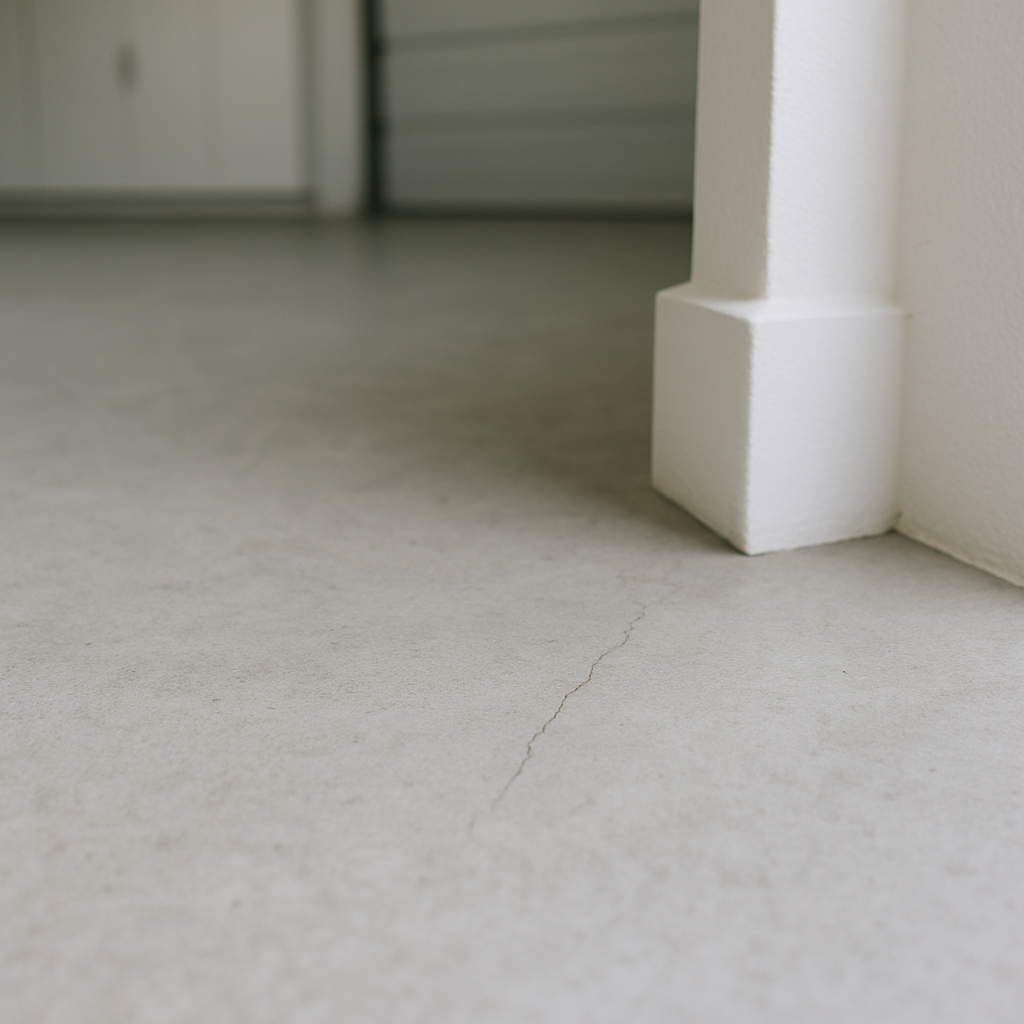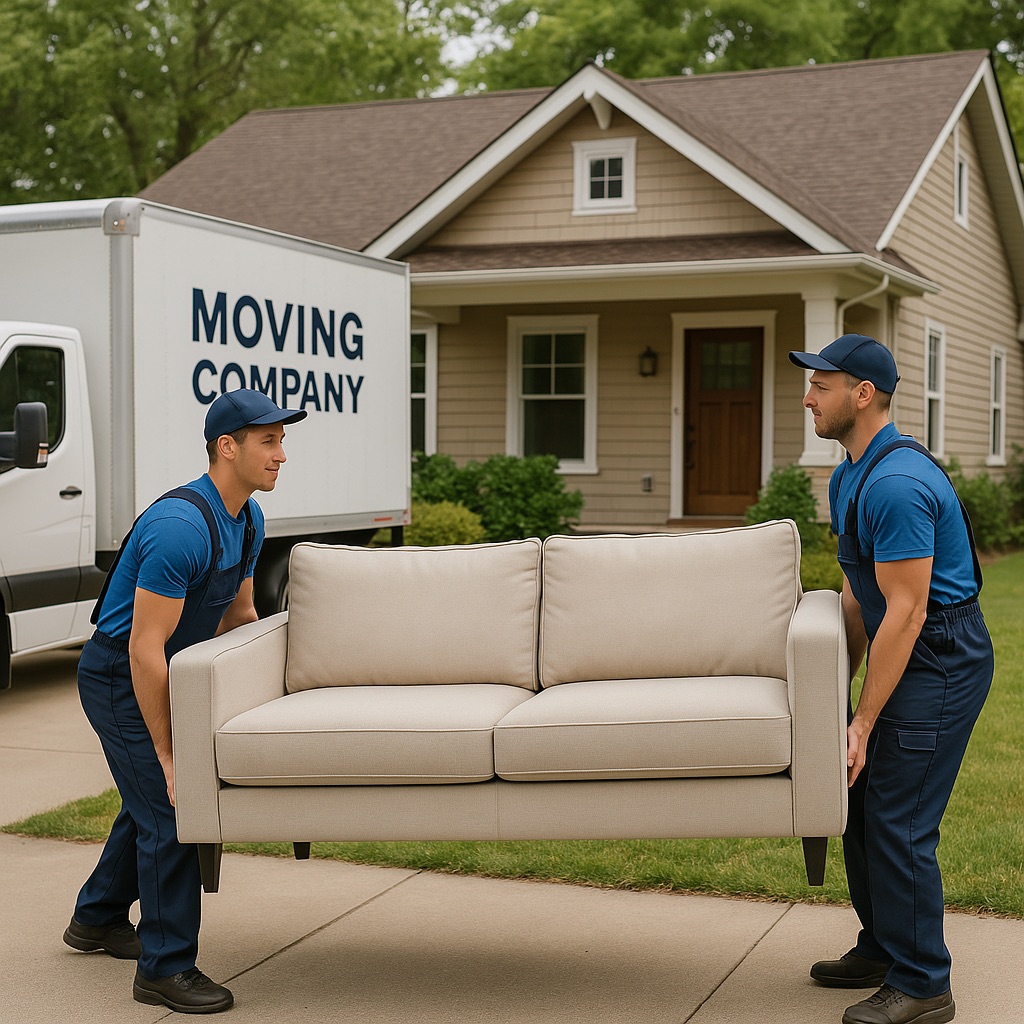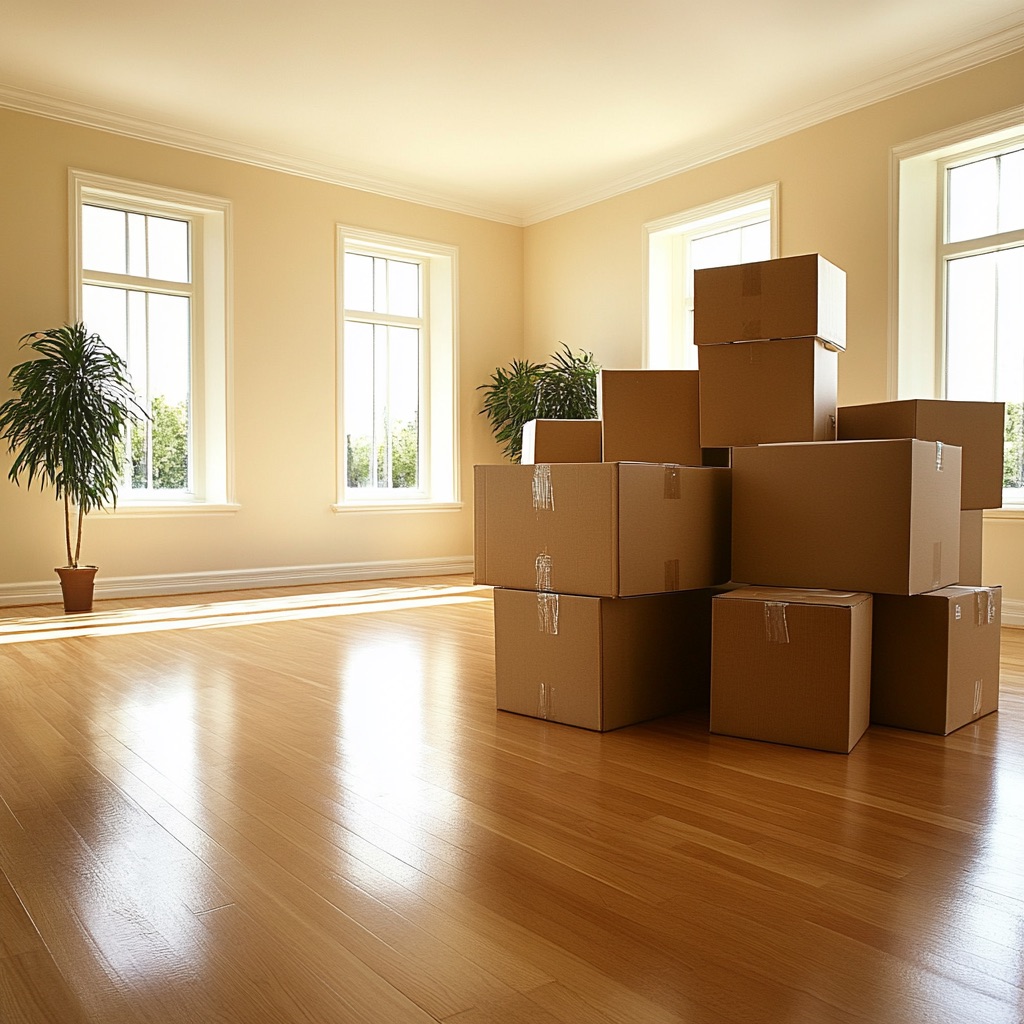Last updated on
Here are the main things you know about buying an empty lot of land. Read on!
Any real estate investment is a major life change, and the choice to buy raw property is no exception. To begin, there are several advantages to owning property.
A home is purchased for the sole purpose of living there, while vacant land may be used for anything from a personal residence to a commercial venture. Buying property also brings up several complications that aren’t usually present.
It’s possible that an empty lot’s constraints might prevent you from constructing a residence there. To that end, let’s go over some of the most important things to know when buying raw land.
What's Inside
Zoning Laws
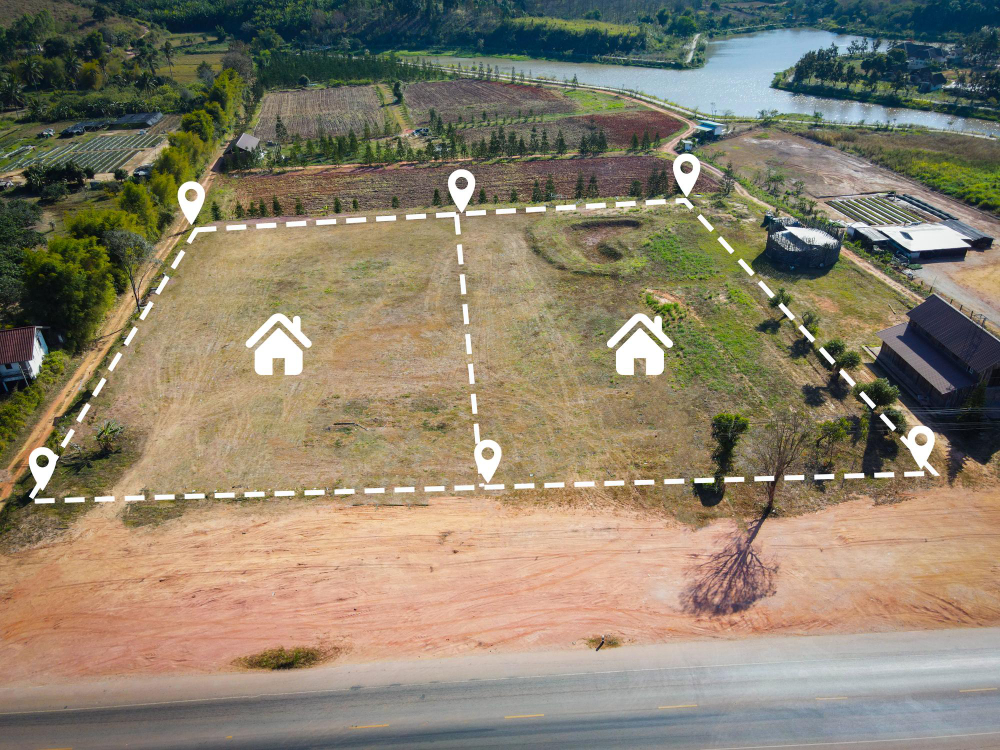
Zoning regulations specify the permitted and prohibited uses of the property. Zoning refers to the body of municipal legislation that dictates the permitted and prohibited uses of land in a certain region. Before purchasing raw land and beginning building, you should find out whether you are legally able to do so.
It shouldn’t be too difficult to understand the fundamentals of zoning. Certain regions, for instance, will be designated as residential. Zoning records for each given piece of property in the United States may be obtained by visiting the relevant county office or doing an internet search.
Keep in mind the county’s long-term land use plans and anticipated road expansions as you go through the documents. Those will determine what can be built in the future, which might mean the difference between a home with a peaceful front yard and one that is dangerously close to a highway in several years.
Utility Costs
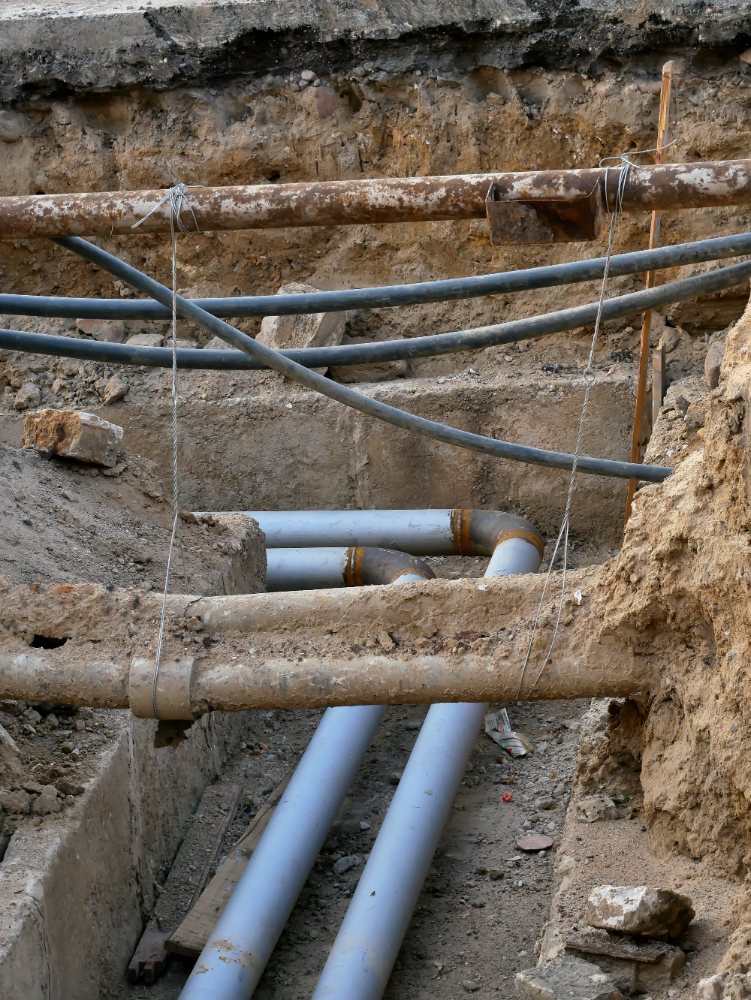
The cost of securing utility connections is a crucial consideration when preparing the raw property for a house developer. Developers will be more likely to take on a project they can really pull off if you provide them with a realistic estimate of these expenses. This is why infrastructure, including utilities, is essential when buying raw property.
Several utility connections must be thought of while scouting undeveloped property for new residential construction. Developers’ first order of business is to install power and gas lines. Households are unable to operate adequately without access to these energy options.
The installation of water pipes is the next step in making potable water available. A sewer system, such as a septic tank or the municipal sewer system, must be installed to ensure that sewage is securely diverted away from structures and water sources. In addition, providing contemporary comfort requires linking local telecom services like telephone and internet/cable.
Road Access
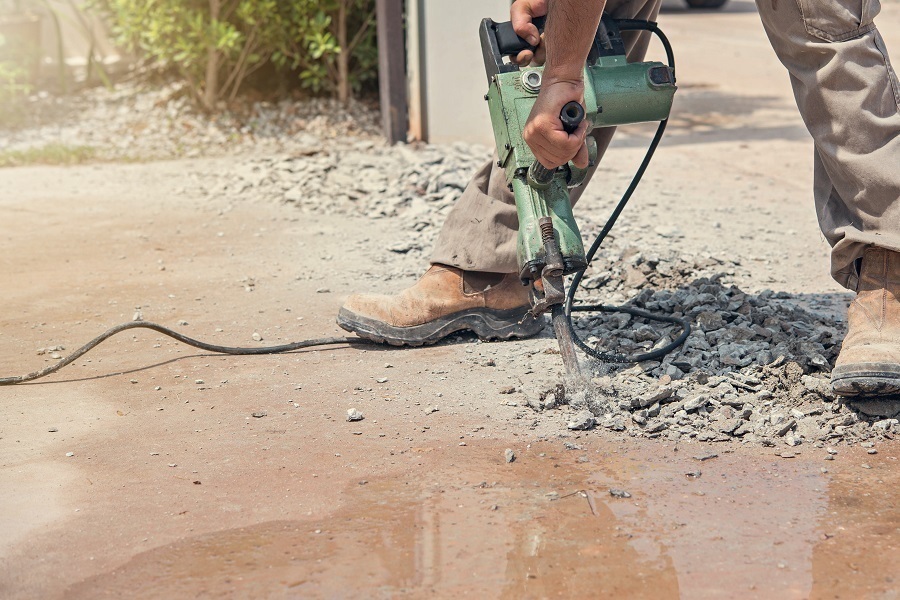
Although it may seem obvious, acquiring road access when buying raw land may be a surprisingly complicated matter. Land without access to public roads may not be serviced by municipal utilities like running water and sewage treatment plants. The installation of a septic tank and a well to provide water for domestic use might raise the overall cost of construction.
The problem of accessibility is more pressing. If your land is completely surrounded by other properties, the most common method is to negotiate an easement with a neighbor to get access to your land through theirs.
Proximity to Town
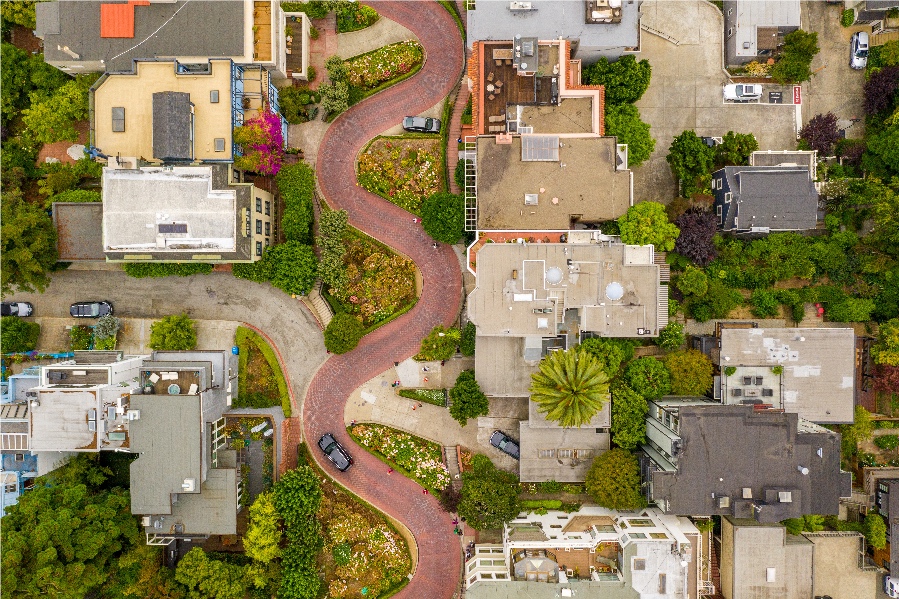
Unless you want to really rough it and live off the land, you should think about how far away the next town is and whether or not it has everything you’ll need. Consider how far you are willing to go for basic necessities like food, medicine, and hardware. Is there a medical facility and emergency response team in the closest city?
If you care about your health and obtaining the treatment you need swiftly in an emergency, these factors are important to think about. Don’t buy a plot of land and a log home just to find out too late that you need emergency medical transport to the city.
Property Taxes
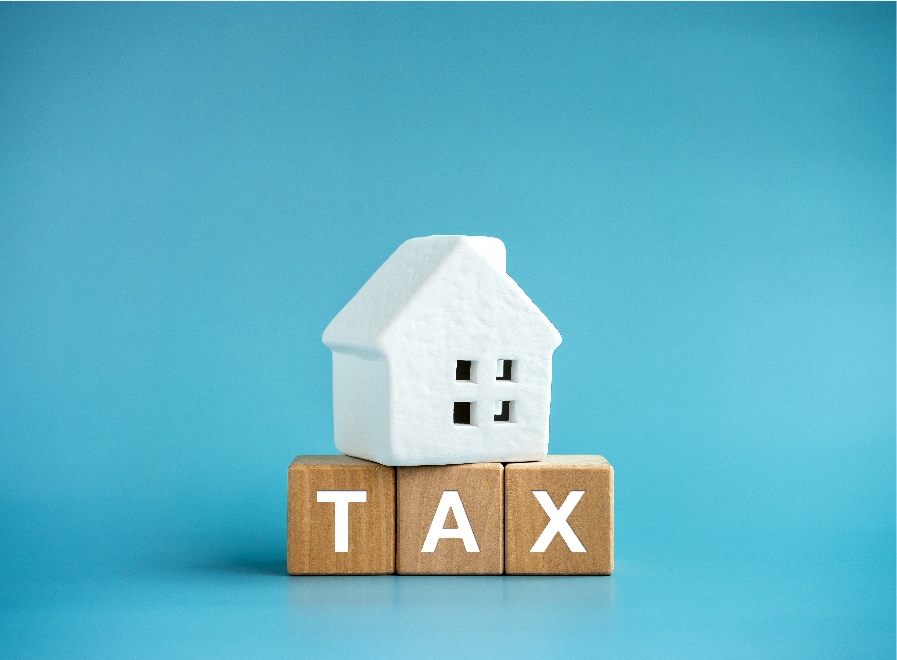
While thinking about property taxes may not be the most exciting part of looking at potential new homes, it is a vital issue. Find out what the local property tax rates are by consulting with your real estate agent. If you can’t find any, try talking to neighbors who own comparable homes.
Remember that after construction, your rates will increase. A lot with an existing structure will be priced higher than one without. Don’t allow the prospect of paying property taxes on your new cabin or house to come as a shock.
Property Size
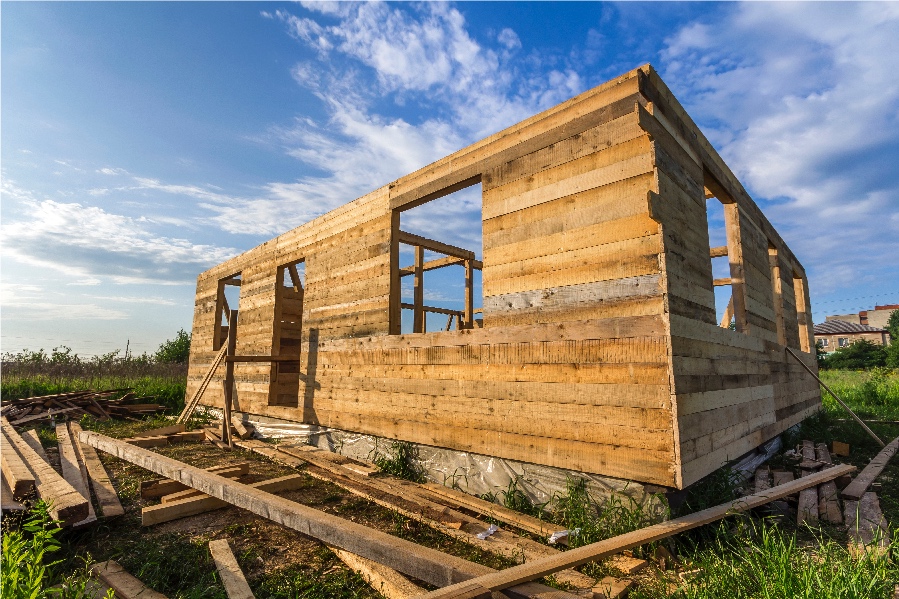
You probably have a goal in mind when you begin your search for property. You may use it for anything from a private campsite to a building site to a bushcrafting hideout.
This is why knowing the dimensions and form of the land is so important. How much “stuff” you can construct, or how much free room you have, will be shown.
The topography, slope, and elevation of the land are all relevant facts to inquire about. With this information in hand, you’ll know exactly what to expect and how well it fits your needs.
Although there are challenges associated with purchasing unoccupied property, it should not be discounted entirely. A piece of land may be transformed into your ideal house or a lucrative investment if you go into the process with realistic expectations and a well-thought-out strategy.

